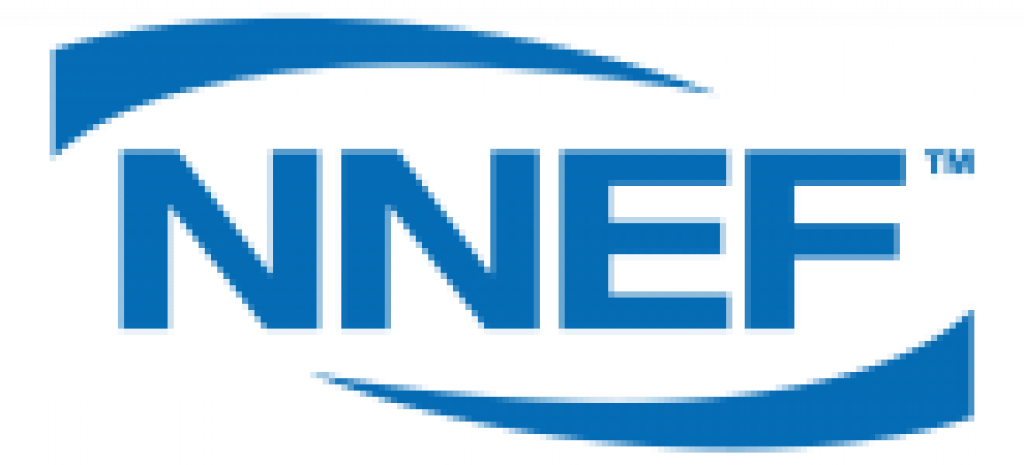Significant expansion of NNEF ecosystem for bringing trained neural networks into inference engines
Portland, OR — August 14, 2019 — 6:00 AM Pacific — Today The Khronos® Group, an open consortium of leading hardware and software companies creating advanced acceleration standards, announces a significant expansion in the ecosystem for the NNEF™ (Neural Network Exchange Format) open, royalty-free standard that enables hardware manufacturers to reliably exchange trained neural networks between training frameworks and inference engines. New and improved NNEF open source convertors, including for TensorFlow Lite and ONNX, enables NNEF to be used to carry trained frameworks from a wider range of training frameworks. A set of extensions to the NNEF 1.0 specification enable NNEF files to contain a richer network of operations and topologies. Finally, an openly available NNEF Model Zoo enables inferencing engines to test their reliable import of NNEF models. More information on NNEF can be found at the NNEF Home Page.
“Since the release of NNEF 1.0 last year, the NNEF ecosystem has been steadily growing, and the release of these new tools and the Model Zoo is another pivotal step in continuing its mission to reduce machine learning deployment fragmentation,” says Viktor Gyenes, the Khronos NNEF working group specification editor. “With a quorum of supporting hardware companies and its proven multi-company governance model, Khronos is enabling NNEF to effectively evolve and respond to the needs of the diverse and fast-growing field of hardware inferencing companies.”
The NNEF Working Group has unified the GitHub library of open source converter tools to use a common interface and a common underlying code base to facilitate easy maintenance and further updates to support additional formats. The set of available converters now enable bidirectional conversion between NNEF and TensorFlow, Caffe/Caffe2, and ONNX. There are also exporters to TensorFlow Lite and an open source syntax parser/validator. Data scientists and engineers can now easily work with with custom networks and use these new tools to seamlessly move from training to deployment using NNEF. These new open source tools for NNEF provide a firm foundation for new converters in the future to meet growing market needs.
NNEF’s list of operations has also been updated through extensions included in version 1.0.2 of the NNEF specification to now include sine/cosine and further reduce and pad/tile operations. NNEF’s capabilities will continue to grow as the machine learning field evolves and increasinglycomplex networks need to be supported.
The NNEF Model Zoo can be accessed via GitHub and consists of a significant set of pre-converted networks to enable inferencing engine vendors to test their reliable import of NNEF models and inferencing engine operations. The NNEF community is encouraged to visit the NNEF GitHub repository to provide feedback on the new convertors, request new functionality, and help evolve the Model Zoo to be most useful for their use cases and applications.
To provide deeper feedback on NNEF and its new tools under the Khronos IP Framework, Khronos encourages interested companies or individuals to share feedback via GitHub or inquire via the Khronos membership page.
About the Khronos Group
The Khronos Group is an open industry consortium of over 140 leading hardware and software companies creating advanced, royalty-free, acceleration standards for 3D graphics, Augmented and Virtual Reality, vision and machine learning. Khronos standards include Vulkan®, OpenGL®, OpenGL® ES, OpenGL® SC, WebGL™, SPIR-V™, OpenCL™, SYCL™, OpenVX™, NNEF™, COLLADA™, OpenXR™ and glTF™. Khronos members are enabled to contribute to the development of Khronos specifications, are empowered to vote at various stages before public deployment and are able to accelerate the delivery of their cutting-edge accelerated platforms and applications through early access to specification drafts and conformance tests.


